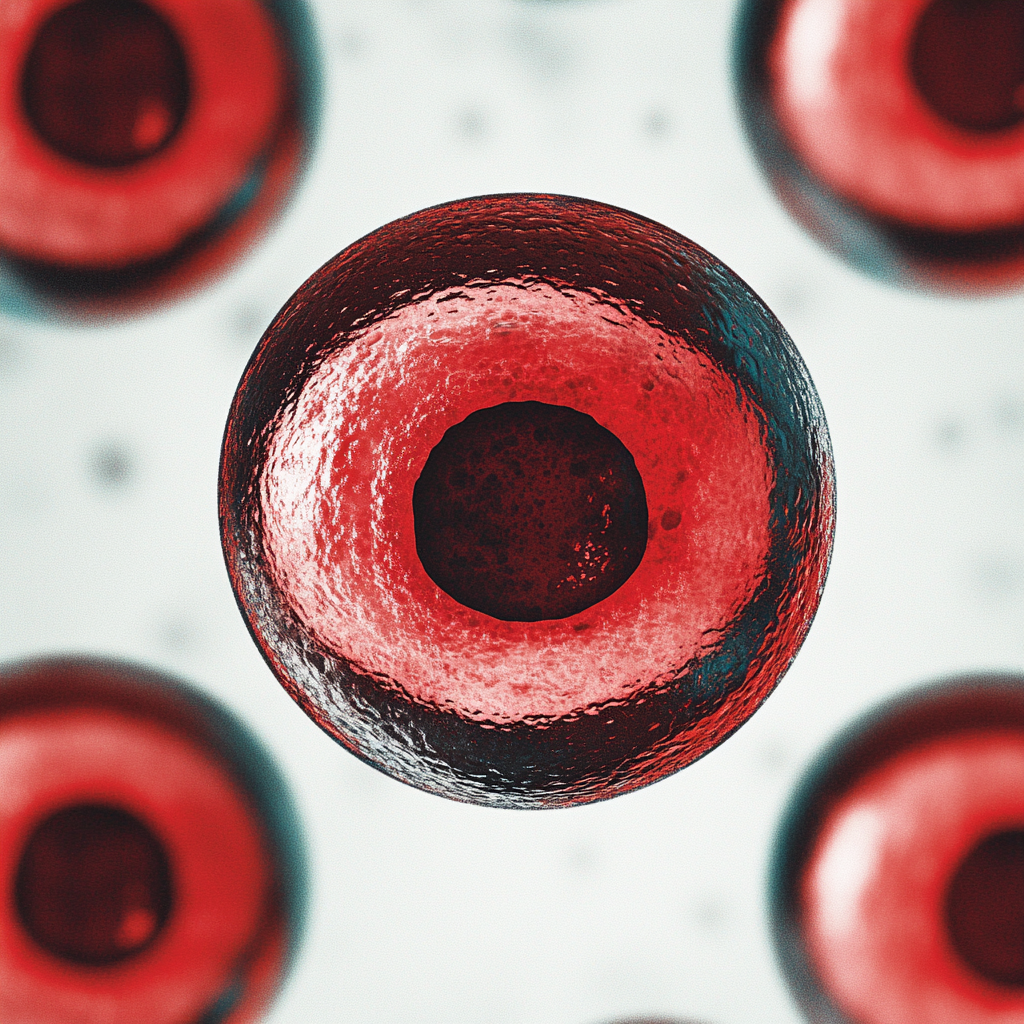Eur J Psychotraumatol. 2025 Dec;16(1):2488097. doi: 10.1080/20008066.2025.2488097. Epub 2025 Apr 22.
ABSTRACT
Background: The ongoing conflict in Ukraine has led to a rise in stress-related symptoms, including anxiety and depression, among veterans, necessitating accessible and effective mental health interventions. Traditional rehabilitation resources are often limited, prompting exploration into alternative therapies.Objective: This paper aims to assess the effectiveness of immersive 360° video-based Virtual Reality (VR) therapy as an enhancement to standard rehabilitation programmes for Ukrainian veterans experiencing anxiety and depression.Method: A randomised controlled trial (RCT) was conducted with 69 participants, who were randomly assigned to either the experimental group (n = 34), receiving daily VR sessions alongside standard rehabilitation, or the control group (n = 35), following standard rehabilitation alone. Anxiety and depression were assessed using the Hospital Anxiety and Depression Scale (HADS) both at baseline and post-intervention. Additionally, momentary changes in anxiety and mood were measured immediately before and after each VR session to evaluate the immediate effects. The VR intervention was designed with veteran and expert feedback to enhance emotional regulation and stress resilience, integrating evidence-based psychotherapeutic techniques.Results: Results demonstrate significant rapid improvement in mood and reduction in anxiety following each session, along with significant reductions in anxiety (up to 14.5%) and depression (up to 12.3%) upon programme completion. Consistent results across all study iterations confirmed the reliability and scalability of 360-VR therapy as a short-term rehabilitation tool.Conclusions: Immersive VR therapy presents an effective, accessible solution for managing the psychological impact of war, particularly within the limitations of Ukraine’s healthcare system.
PMID:40260973 | DOI:10.1080/20008066.2025.2488097
